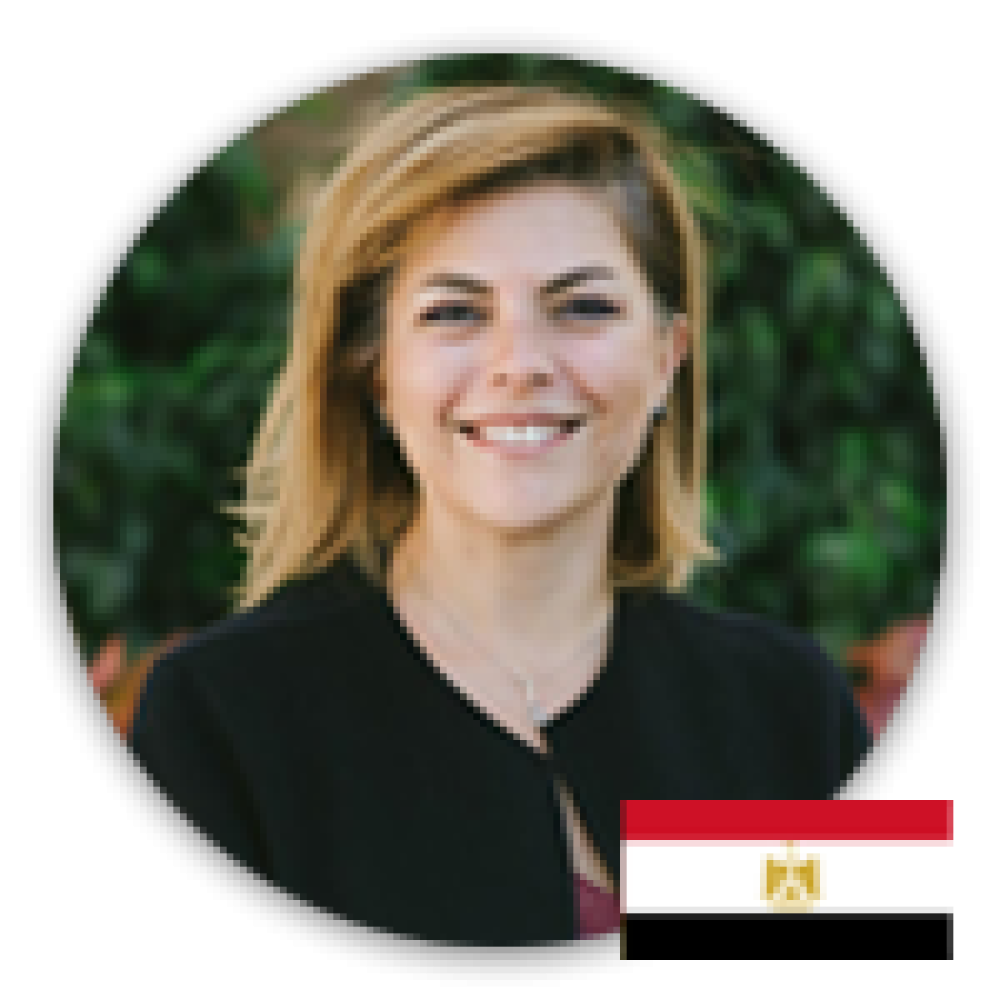
The Higher Education Sector has witnessed over the past couple of decades’ significant changes in the way it operates from the adopting of non-traditional forms of learning such as online, blended and competency based education to new forms of certifications and credentials. The COVID-19 Pandemic is believed to have acted as catalyst to even faster and more impactful transformations within the sector; placing pressure on universities to re-visit their value proposition and re-invent themselves to ensure they remain agile and relevant to a very dynamic landscape.
Moreover, recent increase of unemployment as a result of the pandemic, and the decision of many large corporate organizations such as IBM, Ernest and Young, Google among others to prioritize skills over degrees, may have added a whole new dimension to need to rapidly skill, upskill and reskill the workforce, bringing in new challenges but also opportunities to the sector.
Having more and more corporations entering into the education delivery for their own needs, HE sector can’t rely any more on monopoly gained during last century. Universities and colleges will need to be forward thinking and liberal about their offerings, and evolve to meet the needs of today’s and tomorrow’s economies and address significant post-COVID-19 challenges.
The aim of this panel is to:

Director of Higher Education Transformation,
National Laboratory for Education Transformation (NLET) , USA


Director of the National Institute for Digital Learning (NIDL),
Dublin City University, Ireland


Partner, International Development and Behaviour Change,
ENVI-SAGE Consulting, Egypt

Registration in the Panel Discussion is free and open to anyone from the higher education community wherever located. However, there is a maximum capacity to the session and slots will be allocated based on ‘first come first served’; hence we recommend early registration.
The Center may reserve the right to limit the number of registrations from the same institution to provide the opportunity to other institutions to join.

Agence universitaire de la Francophonie: worldwide association, founded over 60 years ago, gathering more than 900 institutions of higher education and research in more than 100 countries spread over the 5 continents. It is also the operator of the Francophonie Summit for higher education and research.
IN THE MIDDLE EAST 87 member institutions in the region from 16 countries: KSA, Cyprus, Djibouti, Egypt, UAE, Ethiopia, Iran, Iraq, Jordan, Lebanon, Pakistan, Palestine, Syria, Qatar and Yemen.
AUF aims to accompany its members while focusing on:
WhatsApp us